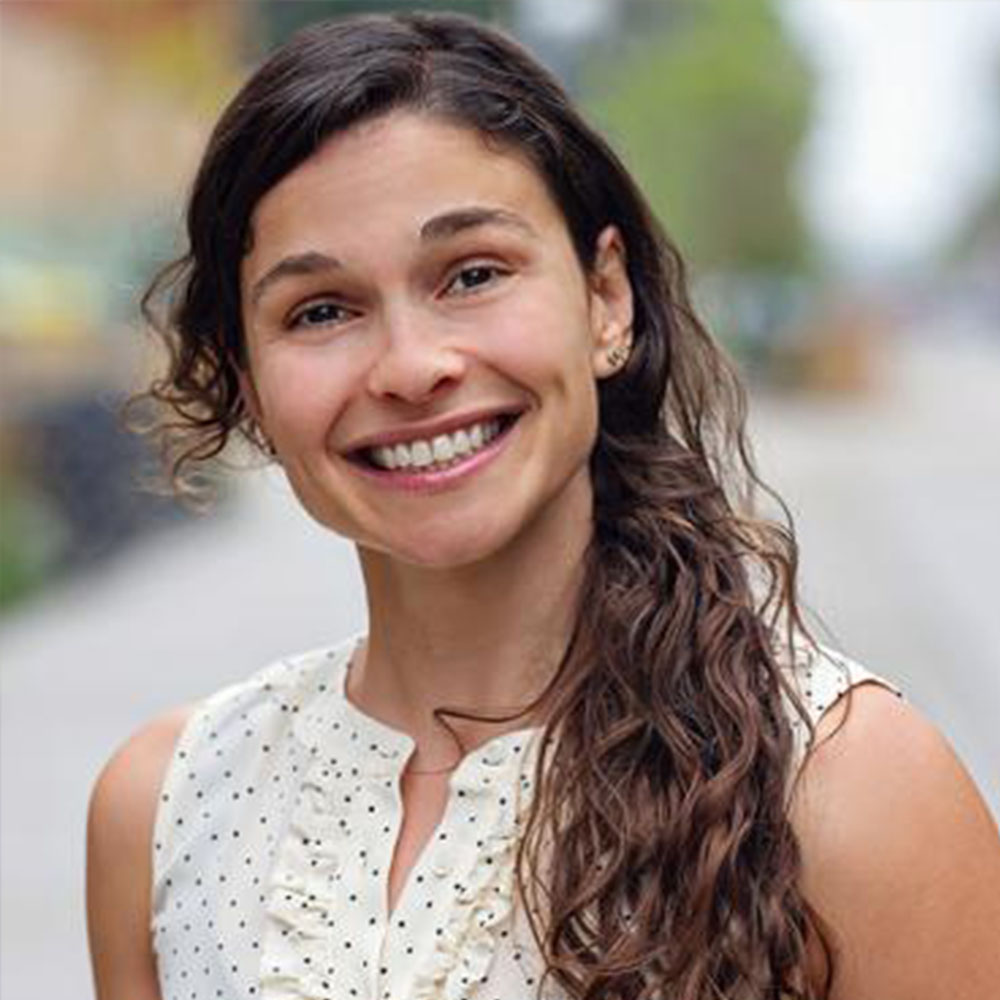Michelle Bellino (U-M School of Education)

The course, EDUC 792: Qualitative Research Methods: From Welcoming to Belonging: Community-Research with Schools in Support of Newcomer Migrant Students, was developed in response to the need to engage graduate students in learning qualitative research methods in ways that advance anti-racism and inclusive teaching. The challenges of teaching qualitative research methods are well-documented and include learning to negotiate power differentials between universities and communities, ethical conduct in enacting research methods and building knowledge claims, and critically engaging one’s own research positionality. This course covered these three core areas in a student-centered and engaged way as Dr. Bellino embedded into her class a collaborative research project with Melvindale High School [MHS], focused on creating schools that are welcoming and inclusive for migrant and refugee students and families with diverse identities and experiences. The collaboration also sought to build an equitable, reciprocal, and sustainable partnership between MHS and U-M’s School of Education.
Dr. Bellino piloted this course in 2020, then refined and retaught the course again in 2021. Students learned firsthand how to share voice in the collaborative development of the research focus and process between school and university partners. Students had opportunities to learn both theory and practice, in the field and through readings, discussions and writings. Furthermore, the collaborative project centered on DEI themes addressing how school has responded to a diversifying student population including larger numbers of migrant and refugee learners. The work also centered how the collaboration worked to make sense of how COVID has impacted schools and how schools have adapted to challenges.
In this course, students learn through an apprenticeship model, Dewey-ian active, experiential learning with layered instruction and peer support (e.g., critical friends groups that met to read through one another’s data regularly). They learned about research partnerships by thinking through logistical and ethical challenges and obligations in real-time, and how to adapt methods in real-time to the on-going pandemic.
Students participated in most phases of research (IRB, initiating inquiry, designing instruments, collecting data, analysis, writeup and representation), whereas many traditional opportunities for student involvement in research are limited to particular phases. Students leveraged their own experiences with, exposure to, and understandings of migration as a lens into high school students’ experiences.
Students’ evaluations of the course were overwhelmingly positive, with median scores higher than the university and school average. Students commented on feeling confident about being able to apply what they learned to their own research, being pushed in new and challenging ways, appreciating the hands-on opportunity to learn, especially in complex research projects. Three representative quotes are shared.
“Michelle always found the perfect balance between pushing her students to do the best they could and being accommodating of student needs. I really appreciated the opportunity to experience qualitative research in a hands–on manner.”
“With the process of learning/unlearning, I grew up a lot both as a person and a researcher.”
“I thought that this course was an incredibly valuable experience. I enjoyed that we were able to learn qualitative research methods through doing qualitative research.”
The community-engaged approach offers a model for how to disrupt traditional approaches to teaching research methods. Through the critical readings, the partnership conversations, the critical friends groups and the collective inquiry and reflection, new directions to disrupting and dismantling white supremacy in university-based research are offered. This is especially important in an applied field such as education where the vast majority of research happens with people in real contexts and in real time.
The model and ethos of the class is replicable in that instructors can nurture relationships with local stakeholders and pursue community-driven research interests while supporting students’ learning.
This approach can be used in courses related to curriculum and instruction and policy. It could also be used in a quantitative methods courses. Outside the School of Education, this approach could be used in courses where students study about/with communities, and seek to engage in real-world, real-time experiences, especially with a justice focus.
Furthermore, this course piloted one dimension of the Educational Studies doctoral redesign, where we are working to engage our doctoral students in opportunities to better bridge research and practice. We believe working with real community partners in class contexts is feasible and worthwhile for student learning and for upholding university commitments to DEI and public engagement.
Above photo:
Michelle Bellino, School of EducationMichelle Bellino, School of Education




